When it comes to modern wellness, people are constantly searching for natural and holistic approaches to balance their health. One practice that has stood the test of time is Traditional Chinese Medicine (TCM). Rooted in thousands of years of philosophy, herbal remedies, and lifestyle practices, TCM continues to spark curiosity in the West. But the real question is: does it work for today’s fast-paced lifestyle?
As Confucius once said, “Life is really simple, but we insist on making it complicated.” This philosophy perfectly reflects the essence of TCM—simplifying wellness by aligning the body, mind, and spirit.
What is Traditional Chinese Medicine (TCM)?
Traditional Chinese Medicine is an ancient healing system that originated over 2,000 years ago. Unlike Western medicine, which often focuses on treating symptoms, TCM views the body as an interconnected system. Its foundation lies in two key concepts: Qi (life energy) and the Yin-Yang balance.
Practices within TCM include:
● Acupuncture – using fine needles to stimulate energy flow.
● Herbal Medicine – blending natural herbs to treat specific conditions.
● Tai Chi & Qigong – movement-based exercises for energy balance.
● Cupping & Moxibustion – heat and suction therapies to promote healing.
Interestingly, while many modern health fads come and go, TCM has survived centuries, showing its adaptability across cultures and lifestyles.
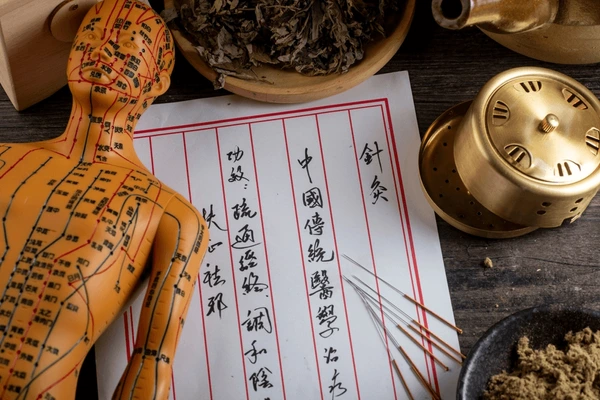
Why People Are Turning to TCM in Modern Times
In today’s world, stress, poor diet, and lack of movement are common struggles. People often look for natural remedies instead of relying solely on prescription drugs. TCM offers a personalized approach, which makes it appealing.
For example, someone struggling with insomnia may turn to acupuncture or herbal teas rather than sleeping pills. A person dealing with digestive issues may try herbal formulas or mindfulness practices rooted in TCM. These solutions align perfectly with other wellness trends like mindfulness and natural stress reduction, which we’ve also covered in our blog How to Reduce Stress Naturally.

The Science Behind TCM: Does It Really Work?
This is where debates often arise. Critics argue that some aspects of TCM lack rigorous scientific backing, while supporters point to thousands of years of practice and increasing modern research.
According to the National Center for Complementary and Integrative Health (NCCIH)https://www.nccih.nih.gov, acupuncture has shown effectiveness for chronic pain, headaches, and osteoarthritis. Herbal medicine, while beneficial for many, requires caution since some herbs can interact with prescription medications.
So, does TCM work? The answer is both yes and no. It depends on the condition, the practitioner’s expertise, and the patient’s overall lifestyle.
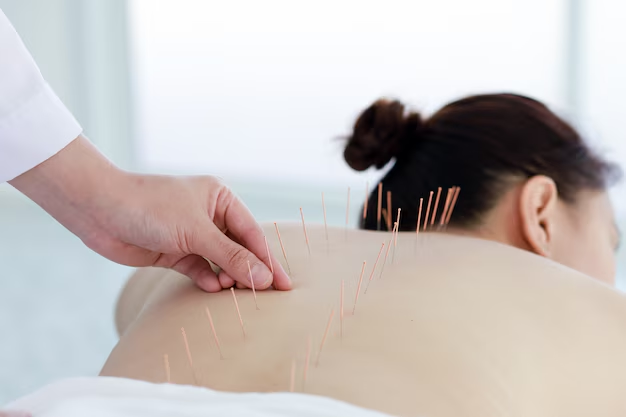
TCM vs Modern Medicine: A Comparison
To better understand, here’s a simple comparison between Traditional Chinese Medicine and Western Medicine:
| Aspect | Traditional Chinese Medicine (TCM) | Western Medicine |
| Focus | Balancing Qi, whole-body wellness | Targeting specific symptoms or diseases |
| Approach | Holistic, preventive | Evidence-based, reactive |
| Treatment Tools | Acupuncture, herbs, lifestyle | Medication, surgery, therapies |
| Strengths | Natural, fewer side effects, preventive care | Fast relief, advanced technology |
| Limitations | Slower results, limited studies | Side effects, drug dependency |

Common Questions About TCM
Q: Can Traditional Chinese Medicine replace modern healthcare?
A: Not entirely. TCM can complement modern healthcare but should not replace critical treatments like surgeries, antibiotics, or emergency care.
Q: Is it safe to combine TCM with Western medicine?
A: Yes, but under professional guidance. Always consult a healthcare provider to avoid possible interactions.
Q: How long does it take to see results?
A: Unlike Western medicine, TCM focuses on long-term balance. Results may take weeks or months, depending on the condition.
TCM in Daily Life: Simple Ways to Try It
People don’t have to dive fully into TCM to experience its benefits. Small lifestyle shifts can help:
● Drink calming herbal teas before bed.
● Try a beginner Tai Chi routine for energy and flexibility.
● Practice mindfulness meditation inspired by TCM philosophies.
● Add warming foods like ginger and garlic to daily meals.
If you’re already exploring daily habits, you might also enjoy our guide on 10 Daily Wellness Habits That Will Transform Your Life.

The Role of Acupuncture in Modern Wellness
Acupuncture is perhaps the most recognized practice from Traditional Chinese Medicine in the West. Today, it’s not unusual to find acupuncture clinics in major cities, often recommended for stress management, chronic pain, and even fertility support. What makes acupuncture appealing is its ability to activate the body’s natural healing response without relying on medication. Many wellness enthusiasts report improved sleep, reduced anxiety, and better energy levels after just a few sessions. While some skeptics may question its mechanisms, modern studies suggest acupuncture influences the nervous system, stimulates blood flow, and may even release endorphins—the body’s natural painkillers. With this blend of ancient wisdom and modern acceptance, acupuncture is steadily gaining respect in the broader wellness landscape.

Herbal Remedies: Nature’s Medicine Cabinet
Another cornerstone of TCM is herbal medicine, which uses combinations of plants, roots, and minerals to treat various conditions. In modern wellness, herbal remedies are experiencing a revival as people move away from synthetic drugs and toward natural solutions. Herbs like ginseng for energy, ginger for digestion, and chrysanthemum tea for relaxation are not only staples in TCM but also widely recognized today. However, herbal medicine requires careful guidance, as some combinations may interact with Western medications. Unlike quick fixes, herbs often work gradually, restoring balance over time. This slower pace aligns with preventive wellness strategies, similar to those shared in our blog Top 10 Superfoods for Glowing Skin and Lasting Energy.
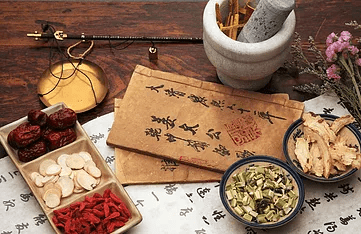
Mind-Body Practices: Tai Chi and Qigong
In today’s fast-paced digital world, stress management is one of the biggest health priorities. Practices like Tai Chi and Qigong—both deeply rooted in TCM—are gaining attention as gentle yet powerful ways to restore balance. These slow, meditative movements not only improve flexibility and strength but also enhance mindfulness and reduce anxiety. Many compare Tai Chi to “meditation in motion,” making it accessible even for beginners. Research suggests regular practice may lower blood pressure, boost immunity, and improve mental clarity. For those who struggle with high-intensity workouts, Tai Chi offers a softer but equally effective path to wellness. If you’re curious about building better daily routines, our guide on Best Morning Exercises for Energy provides additional inspiration.
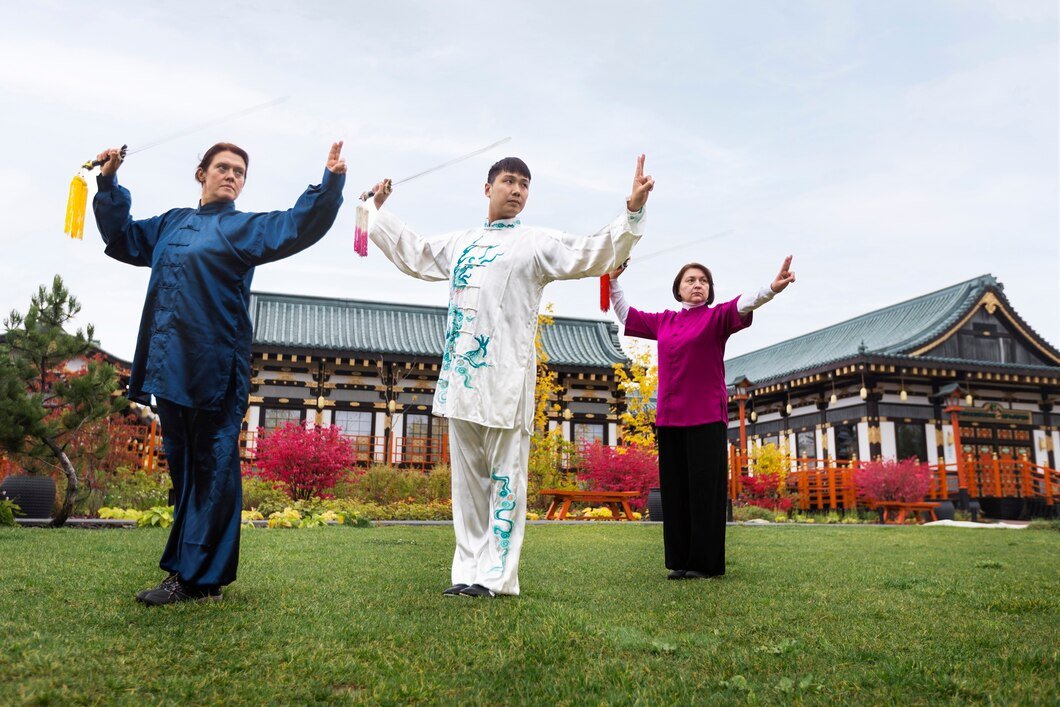
The Challenges of Integrating TCM in the West
While TCM holds promise, its integration into Western healthcare is not without challenges. One major barrier is the difference in philosophy—Western medicine relies heavily on evidence-based studies, while TCM emphasizes balance, observation, and centuries of practice. Regulatory concerns also arise, as herbal remedies are not always standardized or FDA-approved, which can lead to questions about safety and dosage. Additionally, accessibility plays a role; finding a qualified TCM practitioner in some regions may be difficult, and costs can vary. Despite these challenges, interest in integrative medicine is growing, and many hospitals now offer acupuncture or herbal consultations alongside conventional treatments. This collaboration reflects a global shift toward more holistic healthcare models.
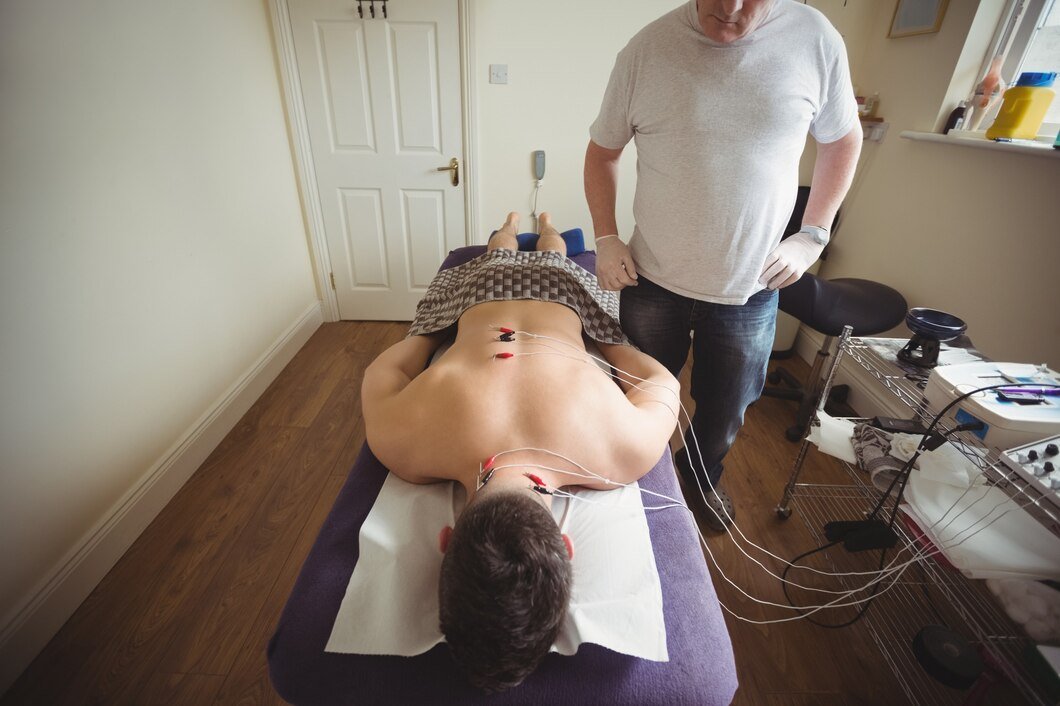
Final Thoughts: Does TCM Belong in Modern Wellness?
Traditional Chinese Medicine is not a miracle cure, but it offers something modern medicine often misses—balance and prevention. While more research is needed to fully validate every practice, the growing interest in TCM shows that people crave a deeper connection with natural healing.
As wellness continues to evolve, TCM is finding its place alongside modern healthcare, offering a bridge between ancient wisdom and today’s lifestyle challenges. For those looking to explore natural healing, TCM might just be the missing piece in their wellness journey.
